OUR TEAM
I-CLAIM consortium
The I-CLAIM research is led by academic institutions in six European countries: Finland, Germany, Italy, Poland, the Netherlands and the United Kingdom. The Centre for European Policy Studies (CEPS), a think-tank with unique expertise in EU and international policy research, acts as a bridge between research and knowledge exchange, providing a truly European and global perspective for the project. At an EU level, our impact and engagement activities draw on the unique expertise and networks of the European Trade Union Confederation (ETUC) and the European Network Against Racism (ENAR). At a country level, the national impact and engagement partners are central to developing policy options and public interventions to improve the conditions of migrants with precarious legal status and their families. They include the Joint Council for the Welfare of Immigrants (United Kingdom), the Association for Legal Intervention (Poland), ActionAid (Italy), FairWork (Netherlands), the Deaconess Foundation (Finland), and the Catholic Forum “Living in Illegality” (Germany). In addition, the art gallery Centrala (United Kingdom) will lead artistic residences across Europe.
I-CLAIM is administratively situated within the Department of Human Geography and Spatial Planning at Utrecht University (Netherlands). The Department’s mission is to study processes and governance arrangements that either inhibit or foster inclusion and inequality in cities. The Human Geography Department is connected to a wide network of migration scholars through the Focus Area on Migration and Societal Change and has a strong tradition of co-creation and meaningful exchange with stakeholders.
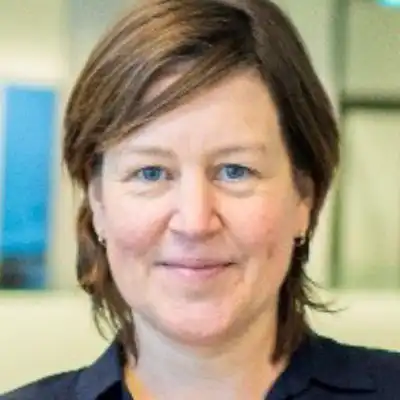
Ilse van Liempt
Associate Professor
Principal Investigator, Executive Team member, WP5 Leader

Minke Hajer
Post-doctoral researcher
Researcher

Silvia Spurigan
Project Manager
Project Manager, Executive Team member
The Institute for Research into Superdiversity (IRiS) at the University of Birmingham (United Kingdom) was founded in 2012 to break new ground in interdisciplinary and cross-disciplinary research on international migration, forced displacement, and migration-driven superdiversity. Ever since, it has been at the forefront of empirical and theory-driven research into refugee and migrant integration, migration governance and policies, research methods in/for superdiverse contexts, irregularised migration, youth migration and wellbeing in different welfare regimes.
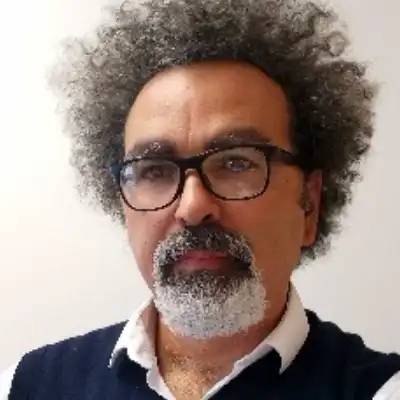
Nando Sigona
Professor, Director of the Institute for Research into Superdiversity
Co-I Scientific Coordinator, Executive Team member, WP6 Leader
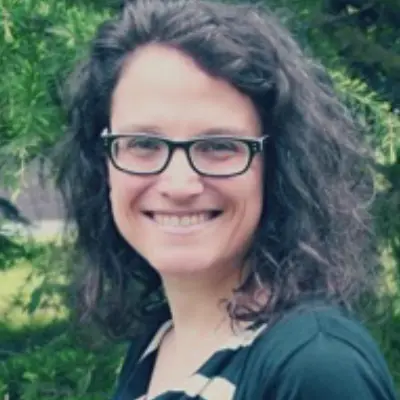
Laurence Lessard-Phillips
Associate Professor
Team member, Task 4.3 Leader, Member of the Ethics Committee
Sara Soares Mendes
Research Associate
Team member, Task 4.3 Leader, Member of the Ethics Committee
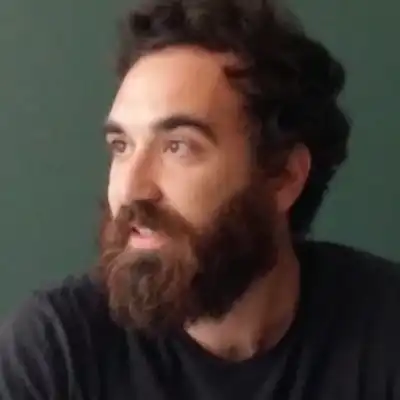
Stefano Piemontese
Research Fellow
Researcher, Executive Team member
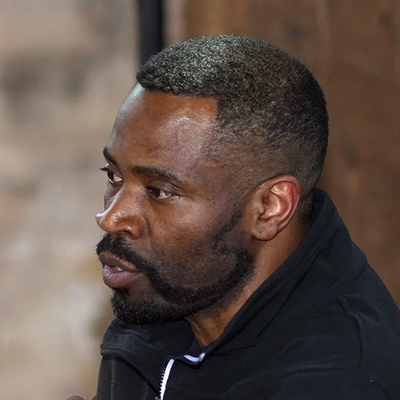
Aké Achi
Researcher Associate
Community Researcher
Established in 1868 in Venice, as the Advanced School for Commerce, Ca’ Foscari University was the first Italian institution to provide advanced education in Business and Economics. Today, it is recognized as one of the finest universities in Italy, offering diverse and ample programs in Humanities, Foreign Languages, Economics and Business, Environmental Sciences, Information Technologies, Molecular Sciences and Nanosystems, and Social, Economic, and Environmental Sustainability to its students and researchers.
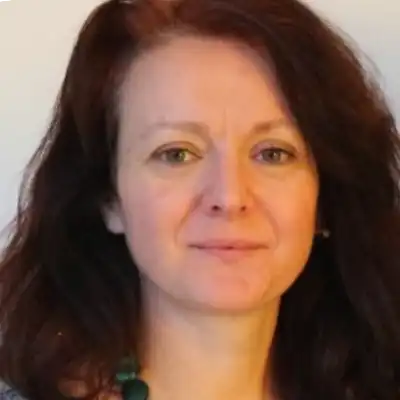
Sabrina Marchetti
Associate Professor
Steering Committee member
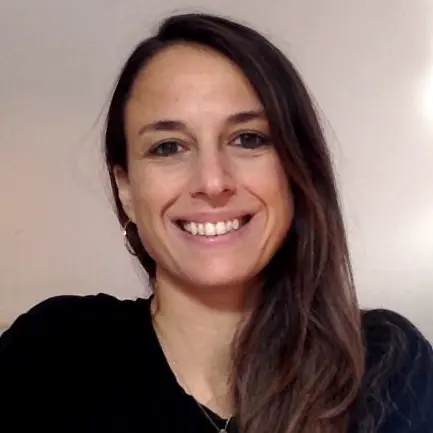
Letizia Palumbo
Researcher
Researcher

Maddalena Franco
Research Assistant
Research Assistant

Iuliia Lashchuk
Researcher
Researcher

Giulia Garofalo Geymonat
Senior Research Fellow
Researcher

Lucrezia Alice Moschetta
Research Assistant
Research Assistant
The Catholic University of Applied Sciences Mainz (Germany) has faculties for Social Work and Social Sciences, Health Care and Nursing, and Practical Theology. Migration and integration are core themes of the Department for Social Work and Social Sciences and the university as a whole. The university offers a BA in “Social Sciences: Migration and Integration”. CUAS Mainz is involved in several research projects related to migration, and the Institute of Applied Research and International Relations has extensive experience with national and international funding bodies.
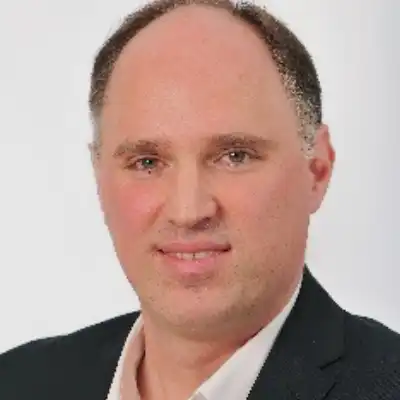
Bastian Vollmer
Professor, Co-director of the Institute of Applied Research and International Relations
Steering Committee member, WP4 Leader

Beatrice Salamena
Post-doctoral researcher
Researcher
Markus Rheindorf
Senior Research Fellow, CUAS Mainz
Researcher
The Centre for European Policy Studies (CEPS) is a think tank that was established in Brussels in 1983. It is situated at the nexus between academia, business, and the public sector. CEPS conducts policy research on European affairs and disseminates its findings through a regular flow of publications, public events, and commentaries. The organization aims to bring new knowledge to the attention of decision-makers and to offer fresh insights into important public policy issues of the day.
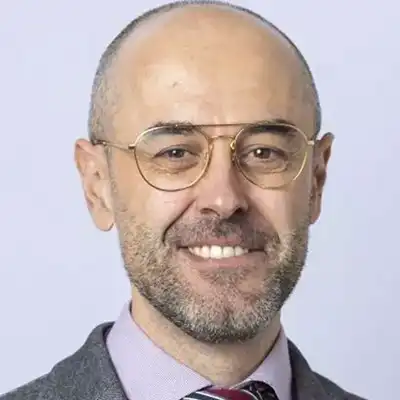
Sergio Carrera
Senior Research Fellow and Head of Justice and Home Affairs unit
Steering Committee member, WP7 Leader
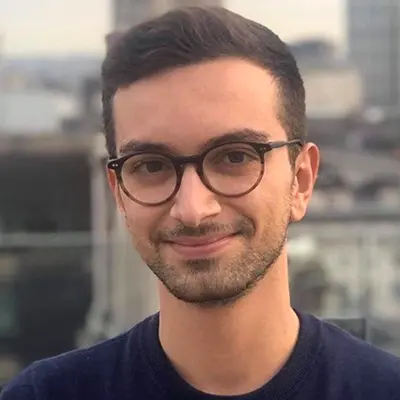
Davide Colombi
Researcher
Researcher
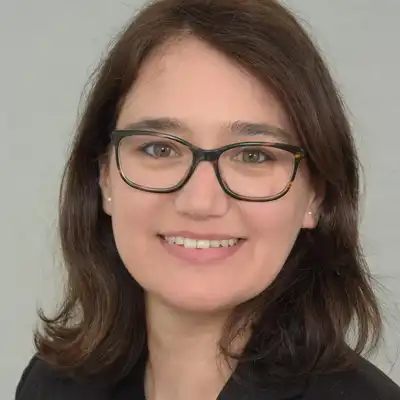
Miriam Mir
Project Officer
I-CLAIM Communications Manager
The University of Helsinki is Finland’s largest and oldest academic institution and an innovative centre of science and thinking. The Faculty of Social Sciences includes 12 disciplines and four other research units. Sociology is one of the largest disciplines in the Faculty of Social Sciences and migration is one of the central research themes in Sociology.
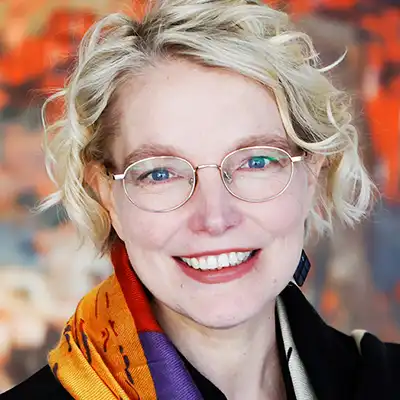
Lena Näre
Professor
Steering Committee member, WP3 Leader
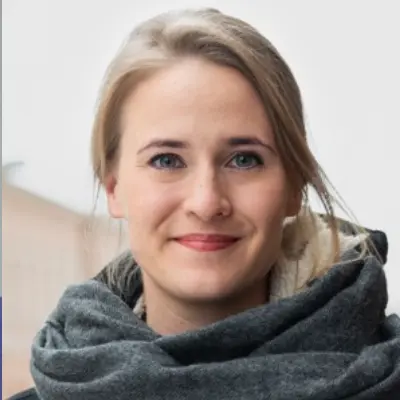
Paula Merikoski
Post-doctoral researcher
Researcher
The Centre of Migration Research (CMR) was established in 1993 and is currently a leading interdisciplinary research unit at the University of Warsaw. It specialises in studying migration processes in Poland and Europe across faculties. The University of Warsaw is a leading research institution in Poland, listed among the top 4% of world-class universities and recognized by prestigious international rankings. It offers a wide range of studies in humanities, social, exact, and natural sciences, as well as individual interdisciplinary studies.
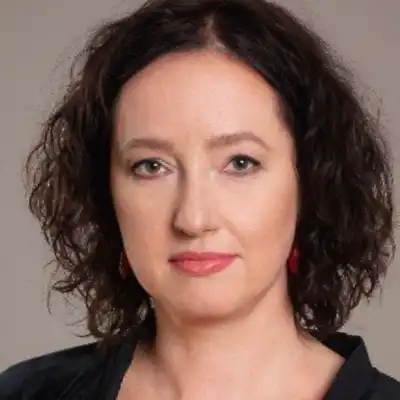
Aleksandra Grzymala-Kazlowska
Professor
Steering Committee member

Kseniya Homel
PhD researcher
Researcher
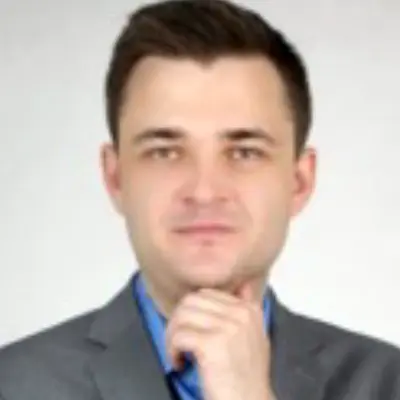
Kamil Matuszczyk
Assistant Professor
Researcher
The European Network Against Racism (ENAR) is the only pan-European anti-racism network that combines advocacy for racial equality and facilitates cooperation among civil society anti-racism actors in Europe. The organisation was established in 1998 by grassroots activists with a mission to achieve legal changes at the European level and make decisive progress towards racial equality in all EU member states. Since then, ENAR has grown and achieved a great deal.
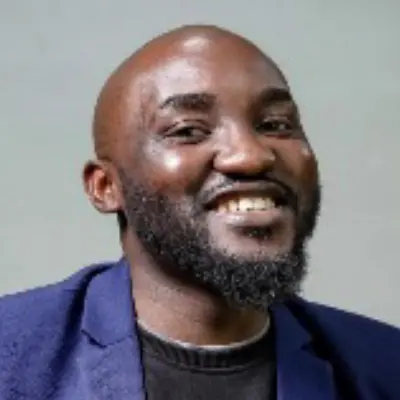
Emmanuel Achiri
Policy and Advocacy Advisor
I-CLAIM Partner
The European Trade Union Confederation (ETUC) represents 45 million members from 92 national trade union confederations in 39 countries, as well as 10 European trade union federations. Trade unions promote and respect workers’ rights, including those of third-country nationals with precarious legal status, and ensure services such as housing and training to enable their integration.
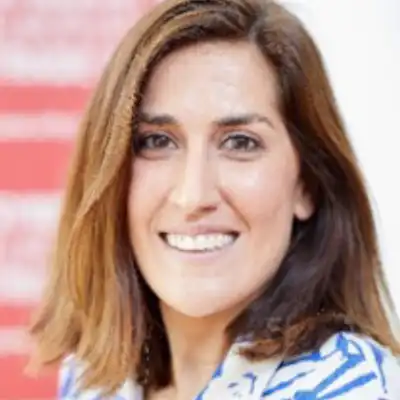
Mercedes Miletti
ETUC Advisor
I-CLAIM Partner
ActionAid Italy is a part of ActionAid, an independent international organization that works in over 45 countries around the world to fight poverty, inequality, and injustice alongside local communities. As a global federation, ActionAid has affiliates in all of its member organisations. Its main focus areas are Women’s Rights, Migration, Education, and Youth. ActionAid utilizes a Human Rights-based approach, with accountability and participation as primary lenses.

Teresa Cecere
Project Manager
I-CLAIM Partner
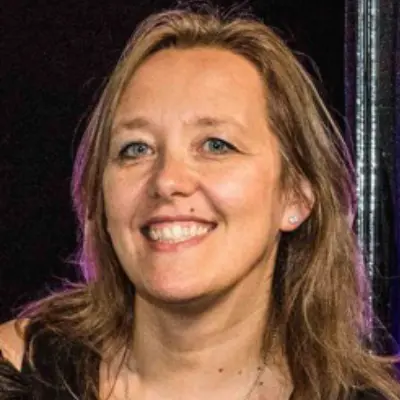
Isabella Orfano
Women’s Rights Expert
I-CLAIM Partner
The Association for Legal Intervention is a civil society organization based in Poland. Its statutory objective is to take steps aimed at ensuring that human rights are respected and that no individual is treated unequally, regardless of their nationality, ethnicity, religion, and migration status. The organization seeks to promote the equality of all people in the face of the law, thus promoting social cohesion. It primarily extends its support to refugees and migrants in Poland.
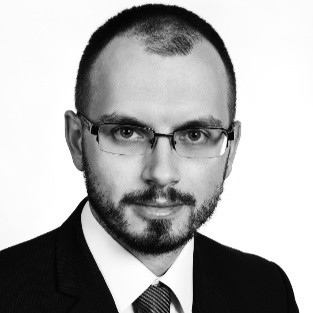
Maciej Rawski
Project Coordinator
I-CLAIM Partner
The Catholic Forum “Living in Illegality” is an alliance of Catholic organizations in Germany, including the Migration Commission of the German Bishops’ Conference, the German Caritas Association, the Jesuit Refugee Service, and the Order of Malta. Since its formation in 2004, the Forum has advocated for people with precarious legal status to be able to exercise their basic social rights. Every other year, the Forum organizes a national conference on undocumented migrants that is open to all relevant stakeholders and interested members of the public.
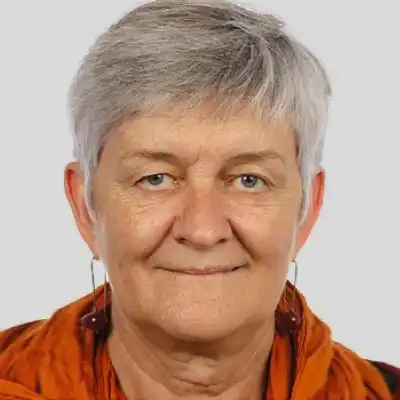
Martina Liebsch
Managing Director
I-CLAIM Partner
The Deaconess Foundation is a 155-year-old organization that provides effective social welfare and health services for people in need of special support in Finland. The Foundation places human dignity at the center of its actions and continually develops new ways to better serve those in the most vulnerable situations. In addition to providing those services, the Foundation owns the Diakonia College of Finland and the Diaconia University of Applied Sciences.
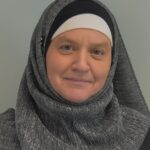
Anne Hammad
Director of Immigrant Services
I-CLAIM Partner
FairWork is a non-governmental organisation with a mission to end labour exploitation in the Netherlands from the perspective of worker and victim rights. Its main activities include providing direct support to victims of labour exploitation and labor migrants at risk, as well as offering training and capacity building on how to detect signs of labour exploitation. To improve the position of potential victims, FairWork works to activate and influence the public, politics, and employers in a structured manner.
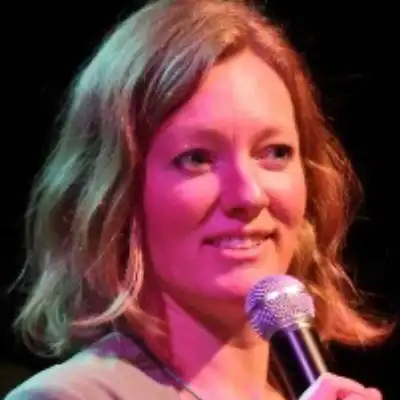
Anna Ensing
Project Coordination, Advocacy and Research
I-CLAIM Partner
The Joint Council for the Welfare of Immigrants (JCWI) is a leading charity for migrants’ rights based in the United Kingdom. For over 50 years, JCWI has fought for migrants’ justice in solidarity with migrant communities. This is achieved through a combination of policy research, parliamentary advocacy, campaigning and communications, legal casework, and strategic litigation.
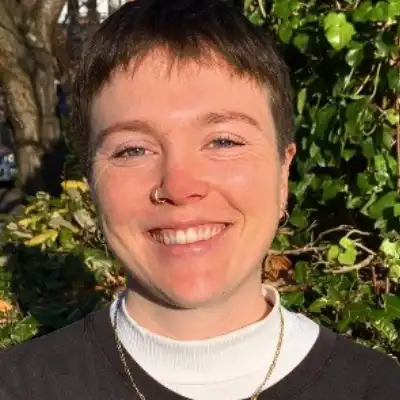
Caitlin Boswell
Policy & Advocacy Manager
I-CLAIM Partner
Centrala is a non-profit organisation set up in 2009 in Birmingham (UK) to support integration of Central and Eastern European (CEE) migrant communities and promotion of Central and Eastern European art and culture.

Alicja Kaczmarek
CEO
I-CLAIM Partner
Advisory Board Members
The Scientific Advisory Board serves as a sounding board for the I-CLAIM project, providing advice on strategic directions and feedback through informal one-to-one consultations with its members on specific issues within their areas of expertise, as well as through formal meetings during various phases of project implementation. The Scientific Advisory Board includes coordinators of other EU-funded projects focused on the topic of irregular migration.
Synnøve Kristine Nepstad Bendixsen
Associate Professor of Social Anthropology
Bergen University, I-CLAIM Ethics Advisor
Martin Ruhs
Chair in Migration Studies and Deputy Director of the Migration Policy Centre
European University Institute, PI PRIME project (HE)
Lorenza Antonucci
Associate Professor of Sociology and Criminology
University of Birmingham
Walter Nicholls
Professor of Urban Planning and Public Policy
University of California
Nina Sahraoui
Marie Sklodowska-Curie Research Fellow
French National Centre for Scientific Research, PI CYBERGEN project (MSCA-IF)
Albert Kraler
Assistant Professor at the Center for Migration and Globalisation Research
PI MirreM project (HE)
Niels van Doorn
Associate Professor of Cultural Studies
University of Amsterdam, PI Platform Labor project (ERC)
Nira Yuval Davis
Professor Emeritus, Honorary Director of the Research Centre on Migration, Refugees and Belonging
University of East London
Tesseltje de Lange
Professor of Sociology of Law and Migration Law
Radboud University Nijmege
Virginia Mantouvalou
Professor of Human Rights and Labour Law
University College London
Related projects
Sister projects

PRIME will study how variations in national institutions, and the interests with which they are associated, shape the rights and conditions of irregular migrants in law, policy and practice in eight European countries.
Martin Ruhs
PI PRIME
Migration Policy Centre, European University Institute
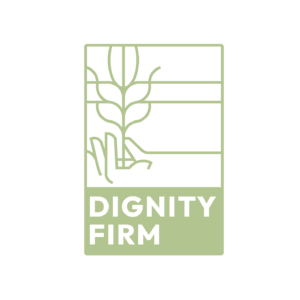
DignityFIRM examines conditions of irregular migrants working in farm to fork (F2F) labour markets in four EU Member States (Spain, Italy, the Netherlands and Poland) and two associated countries (Morocco and Ukraine) and how they can be improved.
Tesseltje de Lange
PI DignityFIRM
Radboud University Nijmege
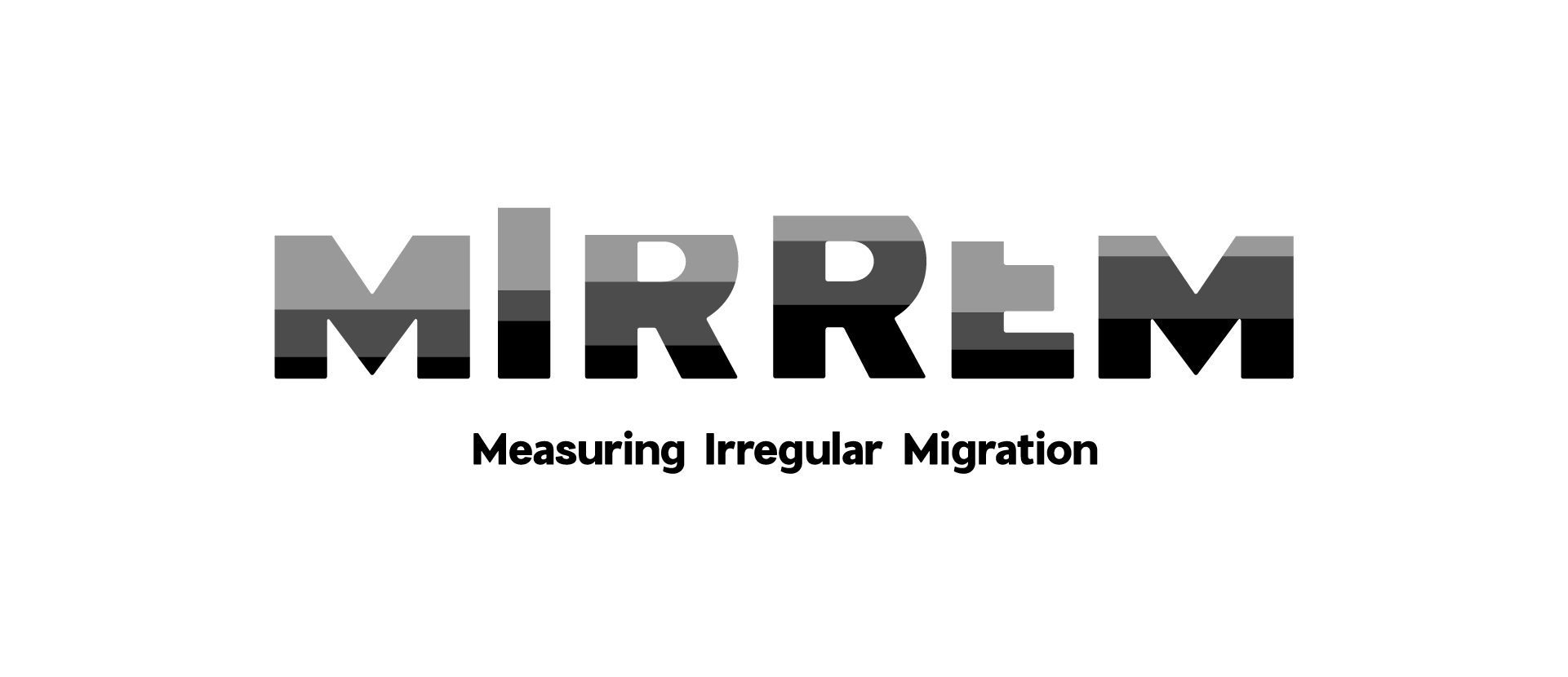
MIrreM examines the quantitative dimension of irregular migration and related policies. MIrreM assesses existing estimates and statistical indicators and explores new quantitative approaches. A special focus will be on regularisation policies and their impact. In close cooperation with relevant stakeholders MIrreM will develop recommendations on irregular migration data and regularisation, respectively.

Albert Kraler
PI MIrreM
University for Continuing Education Krems
GAPs will explore the disconnects between expectations of return policies and their actual outcomes by decentering the dominant, one-sided understanding of “return policy making” by examining return infrastructures, migration diplomacy and migration trajectories with a focus on 13 countries in Europe, Africa and the broader Middle East.
Zeynep Mencütek
PI GAPS
Bonn International Centre for Conflict Studies
Soner Bartholoma
PI GAPS
Uppsala University
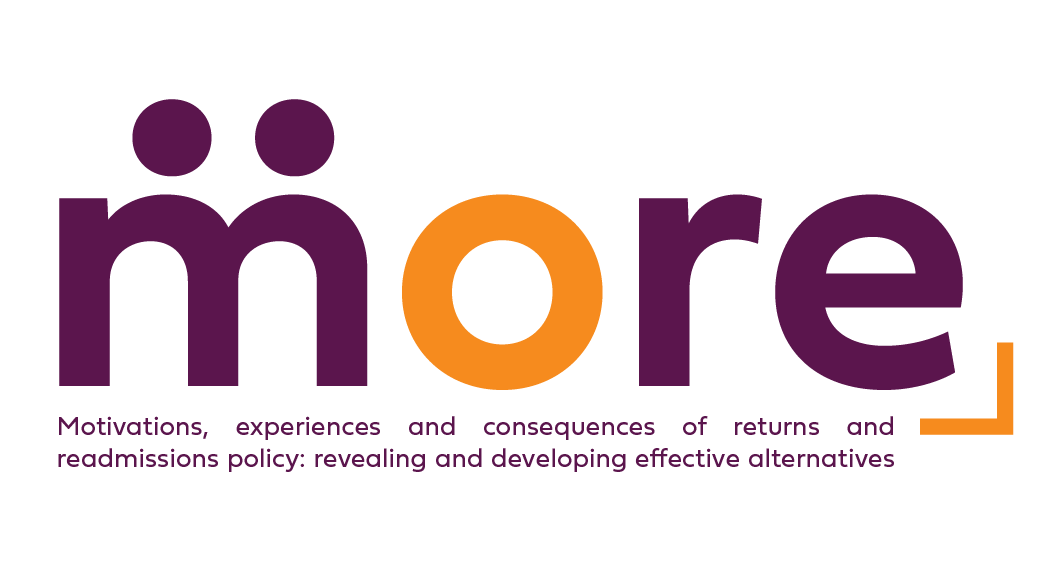
MORE problematises the focus on effectiveness of return. It explores perceptions of return and readmission policies amongst stakeholders as well as their consequences, explores alternative solutions and examines why certain ‘solutions’ are preferred over others.
Olga Jubany
PI MORE
University of Barcelona

FAiR addresses the legitimacy deficits that plague policies on return and alternatives to return. It complements dominant rational choice perspectives by assessing the importance of norms, frames and shared meanings for intergovernmental cooperation on return, focusing on 5 non-EU+ (Georgia, Iraq, Niger, Nigeria, Turkey) and 5 EU states+ (Germany, Italy, Norway, Poland, Switzerland).
Arjen Leerkes
PI FAiR
Erasmus University Rotterdam